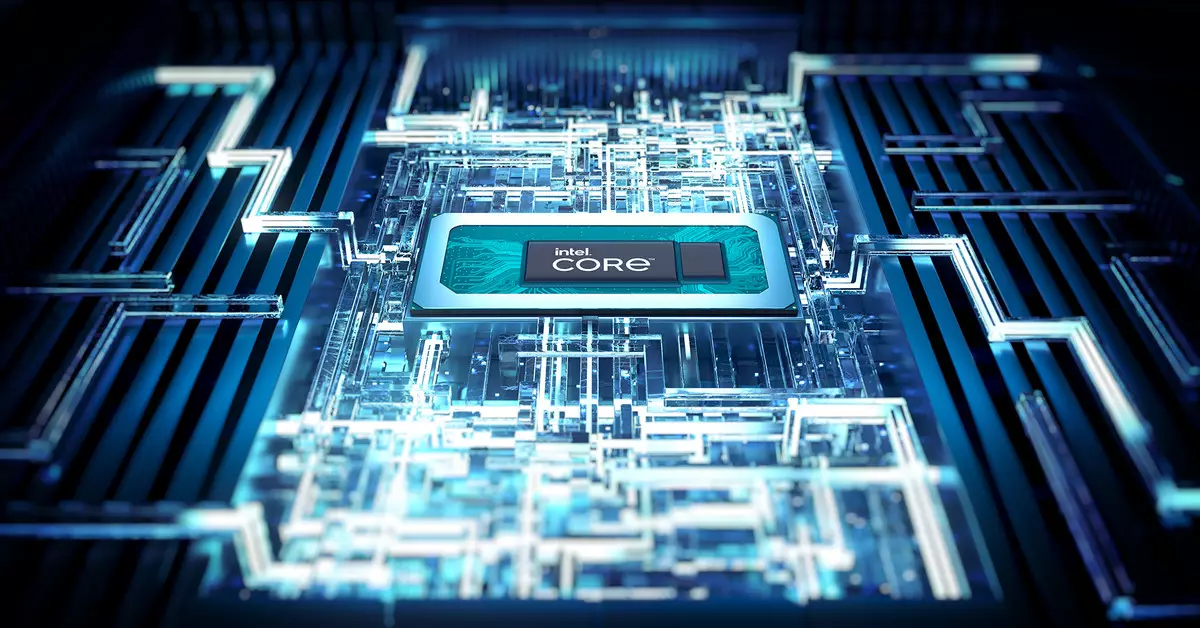After months of speculation and concern, Intel has officially confirmed that their 13th and 14th Gen laptop chips are not susceptible to the Vmin Shift Instability issue that has been plaguing some desktop chips. This revelation comes as a relief to many users who have been worried about the potential for permanent damage to their devices.
Intel spokesperson Thomas Hannaford has clarified that the instability issue does not affect laptop chips in the same way that it does certain desktop chips. Despite ongoing investigations into the root cause of the crashes, Intel asserts that laptop chips are not impacted by the Vmin Shift Instability problem. This statement should help ease the concerns of those who rely on Intel’s mobile processors for their computing needs.
In a recent announcement, Intel outlined a list of products that are not affected by the Vmin Shift Instability issue. This includes 12th Gen Intel Core desktop and mobile processors, 13th and 14th Gen i5 (non-K) & i3 desktop processors, HX-series processors, Xeon processors, and Intel Core Ultra (Series 1) processors. Additionally, Intel reassures users that upcoming chips, such as those on the Arrow Lake and Lunar Lake architectures, will also be protected against this issue.
While most desktop processors are not impacted by the Vmin Shift Instability problem, Intel advises users to ensure that their systems are running the latest BIOS updates. This can be checked using Intel’s Compatibility Tool or the motherboard manufacturer’s website. By following Intel’s Default Settings recommendations for their processors, users can further protect their devices from any potential issues.
For users who may already have experienced damage to their i9, i7, or K-series i5 desktop CPUs, Intel offers a two-year warranty extension to cover such issues. If your CPU is irreparably damaged, it is crucial to contact Intel or your PC builder immediately to arrange for a replacement. Most PC makers have confirmed that they will honor this warranty extension, but users should reach out if they encounter any difficulties in this process.
Intel’s recent announcement regarding the safety of their laptop chips is a positive development for users who rely on their products for their computing needs. By following Intel’s recommendations and ensuring that their systems are up to date with the latest BIOS updates, users can further protect their devices from potential issues. The reassurance that future chip architectures will also be safeguarded against instability problems should provide peace of mind to consumers.

